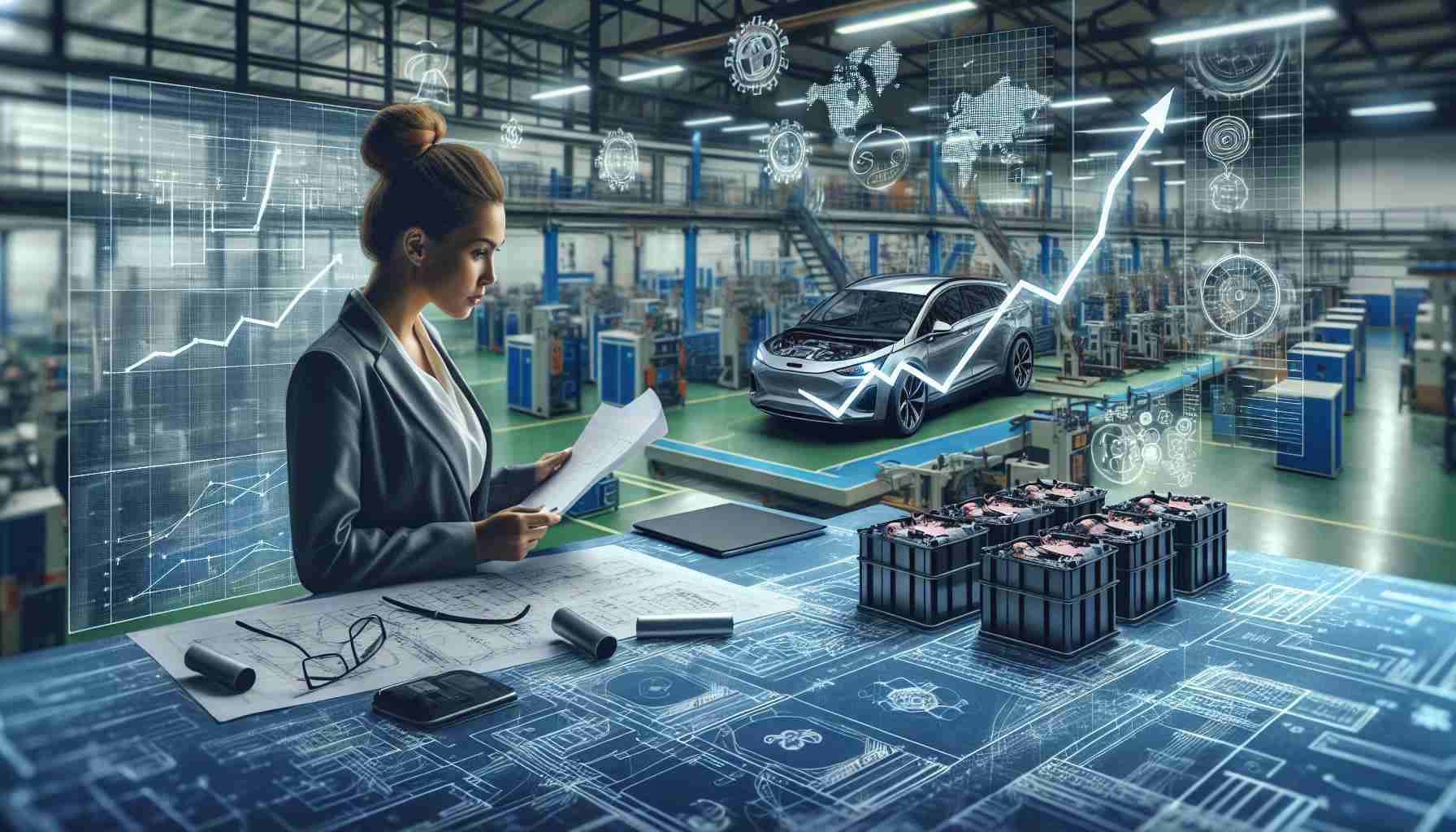Struggles of a European Battery Producer
A once-promising European electric vehicle battery producer, Northvolt AB, finds itself in dire straits after facing a series of setbacks in realizing its ambitious growth plans. The company’s journey, marked by high debt, operational blunders, and an aggressive expansion strategy, led to significant financial losses and drastic restructuring measures.
A Troubled Strategy
Northvolt’s ambitious strategy to compete with dominant Chinese battery manufacturers by rapidly expanding its production capacity proved to be overly ambitious. The company’s flagship factory in Sweden encountered numerous operational challenges, leading to delays, quality issues, and financial losses. The decision to diversify into various battery technologies further compounded the difficulties faced by Northvolt.
Industry Challenges and Oversupply
The global battery manufacturing sector is experiencing overcapacity, with an excess of investments compared to actual demand. This oversupply has led to intense price competition and challenges in maintaining quality standards. Northvolt’s struggles reflect broader industry trends, with European companies facing tough competition from established Asian players and disruptive market conditions.
Implications for European Industrial Policy
The European Union’s ambitions to lead in green technologies, including the production of electric vehicle batteries, face significant hurdles in light of Northvolt’s challenges. The company’s potential failure could have far-reaching consequences for Europe’s industrial policy objectives, undermining efforts to establish a strong and sustainable EV battery industry within the region.
The Road Ahead
As Northvolt grapples with financial difficulties and operational issues, the future of the European electric vehicle battery industry hangs in the balance. With growing competition from global players and shifting market dynamics, the path forward for European battery producers remains uncertain. Adapting to industry challenges and ensuring sustainable growth will be crucial for the region to maintain its position in the evolving EV market landscape.
Challenges and Opportunities in the EV Battery Industry
Amidst the struggles faced by Northvolt AB, a prominent European electric vehicle battery producer, several key questions arise regarding the future of the industry. What are the most significant challenges faced by European EV battery producers beyond Northvolt’s specific difficulties? How do these challenges impact the region’s ability to compete globally in the electric vehicle market?
Key Challenges and Controversies
One major challenge for European EV battery producers is the issue of securing a sustainable and ethical supply chain for raw materials such as lithium, cobalt, and nickel. Ensuring responsible sourcing practices amidst growing demand for electric vehicles poses a complex dilemma. Additionally, the lack of standardized regulations and recycling infrastructure for lithium-ion batteries presents a pressing challenge for environmentally sound disposal and reuse.
Advantages and Disadvantages
Advantages of investing in the European EV battery industry include proximity to major automakers, fostering collaboration in research and development efforts, and supporting local job creation. However, disadvantages such as higher production costs compared to Asian competitors, regulatory complexities, and technological lag pose significant barriers to competitiveness.
The Path Forward
To address these challenges and leverage opportunities in the evolving EV battery landscape, European producers must focus on innovation, sustainability, and strategic partnerships. Investing in next-generation battery technologies, improving recycling capabilities, and fostering a supportive regulatory environment will be essential for the region to establish a strong foothold in the global electric vehicle market.
For further insights on the future of the EV battery industry and innovations shaping the sector, visit European Battery Alliance. Stay informed about the latest developments and initiatives driving sustainable battery production in Europe.
By navigating the complexities of the industry, addressing key challenges, and embracing collaborative opportunities, European EV battery producers can navigate the road ahead and contribute to a more sustainable and competitive future for electric mobility.
The source of the article is from the blog japan-pc.jp
